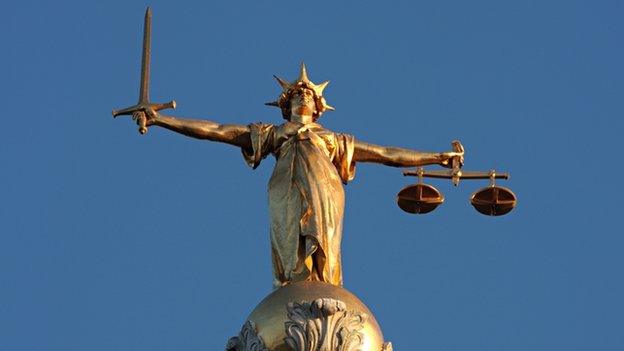Is CPS on 'brink of collapse'?
- Published

At the offices of his law firm, just opposite Bristol Crown Court, Ian Kelcey beckons me into a conference room, before producing a stack of paper folders held in place by an elastic band.
Mr Kelcey, a seasoned defence lawyer, has something to show me.
Each folder, stuffed full of documents and as heavy as an encyclopaedia, concerns a legal case caught up in Crown Prosecution Service bureaucracy.
There is a drink-driving allegation, he tells me, in which repeated requests to prosecutors for an online password to view CCTV evidence have gone unanswered.
Another file centres on a forthcoming burglary trial where the CPS apparently ignored court instructions to disclose material to the defence.
And worst of all, says Mr Kelcey, was a man accused of serious sexual offences who found out the CPS had dropped the charges when his neighbour read it in an online newspaper.
"I have this guy in tears on the phone saying, 'What's this all about?'" says Mr Kelcey, a member of the Criminal Law Committee of the Law Society, the solicitors' representative body.
"Nobody had the courtesy or the intelligence to contact us to say, 'This is the decision we have made,' and he has to find out in that way, which is frankly an utter disgrace."

What is the Crown Prosecution Service?
The principal prosecuting authority for England and Wales, acting independently in criminal cases investigated by the police and others
Decides which cases should be prosecuted - keeping them all under continuous review
Determines the appropriate charges in more serious or complex cases - advising the police during the early stages of investigations
Prepares cases and presents them at court - using a range of in-house advocates, self-employed advocates or agents in court
Provides information, assistance and support to victims and prosecution witnesses

The CPS later wrote a letter apologising for what it said had been an "oversight", but Mr Kelcey says that was little comfort for the man, who had spent nine months living in the shadow of the most damaging allegations.
"He was charged with very serious offences - arguably should never have been prosecuted," Mr Kelcey says.
Severely stretched
The veteran solicitor says the case - a dubious charging decision, followed by legal delay and unfortunate blunder - is symptomatic of the problems affecting the CPS, which he says is "on the brink of collapse".
The CPS, which prosecuted 664,000 defendants last year and made 6,000 charging decisions every week, is undoubtedly stretched.
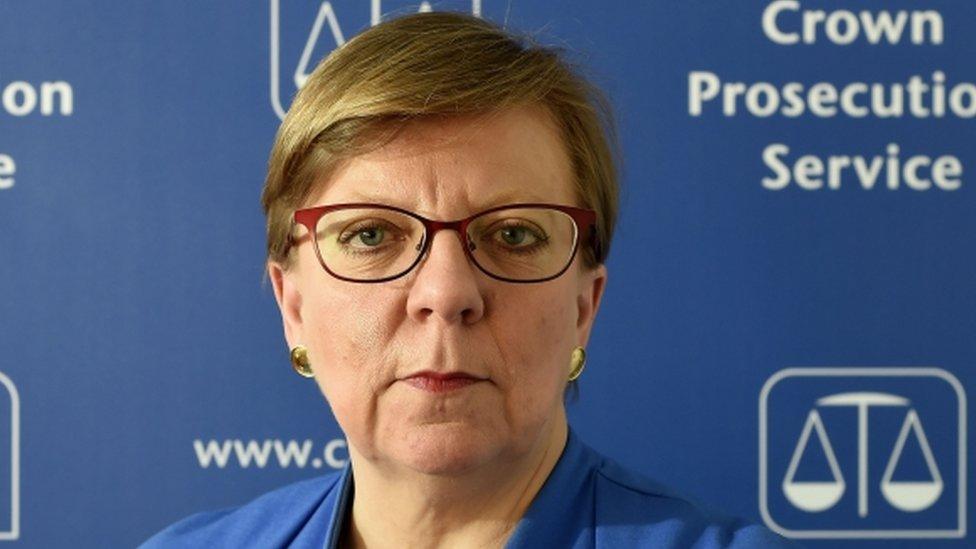
Alison Saunders has faced considerable criticism
Director of public prosecutions Alison Saunders, who has been in charge of the CPS since 2013, acknowledges it is under more pressure than it was.
She says that is partly due to a sudden surge in cases that take time and expertise to resolve: sexual abuse, domestic violence and terrorism.
But the CPS's ability to deal with such cases appears to have been hampered by a programme of retrenchment: since 2010 its budget has been reduced by 25% and staff numbers have fallen by 2,400.
One of those to depart, after 24 years at the CPS, was Nazir Afzal, formerly north-west England's chief crown prosecutor, who believes the organisation cannot take any more cuts.
"The tipping point was reached in 2015, and it was one of the reasons why I decided that I didn't want to be part of the service, because I felt it was asking too much of the people that I have so much respect for - the people I work with," he says.
"You're asking the more junior staff, less experienced staff, to do more with substantially less in a climate where they're constantly under scrutiny."
Mr Afzal's concerns about workload are echoed by those of existing staff, who are not allowed to speak out publicly but whose observations were relayed to me.
One senior employee says: "There will be miscarriages of justice down the road from here because there are some cases that are going through the system and people have not looked at disclosure properly and have not looked at what is going on behind the scenes. Things we simply would not have had 10 years ago."
Another staff member suggests the problems are deeply entrenched: "It all boils down to over-centralisation, kit that is not fit for purpose, senior managers and business managers that do not know what the coalface job entails."
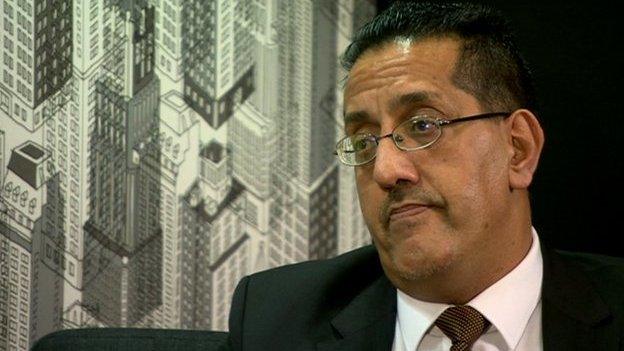
Nazir Afzal has warned more cuts are not sustainable
Alison Levitt, a QC who left her post as the DPP's principal legal adviser in 2014 after five years in the post, is full of praise for many of the staff at the CPS - but she believes the organisation does have a problem making the right charging decisions.
"Some of them were just fantastic, and some of them were just wrong - and they were wrong in quite fundamental respects," she says.
"The lawyers who are making them, plainly either did not understand what they were meant to be doing or were not applying what it was they did understand."
Her concern is the flaws could be exacerbated by the loss of a number of talented lawyers have who have exited the CPS under a voluntary redundancy scheme.
"What that may leave is some of the people who you did not want in the first place - not all of them - and it can have a corrosive effect on the morale of those who are left," says Ms Levitt, who now works in private practice and as a part-time judge.
Mrs Saunders denies morale is an issue and says overall she is "happy" with the charging decisions the CPS makes, though she accepts there is a need for improvement.
She points to the CPS's record on convictions as evidence it is performing well.
In the magistrates courts, 84% of prosecutions result in a defendant pleading guilty or being found guilty - up from 80% 10 years ago.
And although the Crown Court conviction rate is slightly lower, at 79%, it has also gone up.
But other figures paint a less rosy picture.
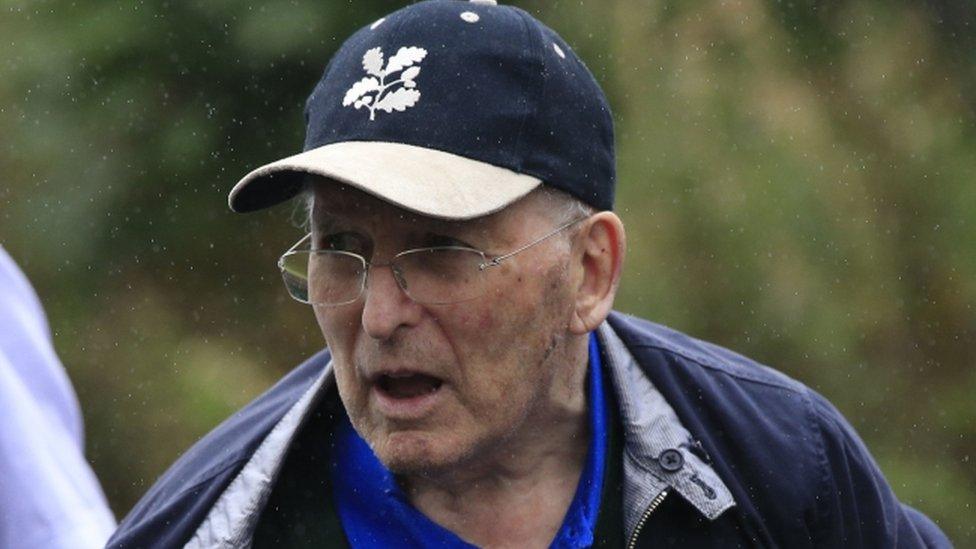
Lord Janner is accused of 22 child sex abuse charges
In 2014, 35,822 trials were classed as "ineffective", because they did not go ahead when they were scheduled to, or "cracked", when they ended unexpectedly, due to issues linked to the prosecution - 18.4 % of all listed trials, the highest rate for at least five years.
Mrs Saunders admits it is a "waste of resources" when trials are postponed or cancelled at the last minute and says she has set "aims" for every CPS area to get the numbers down.
"The largest single reason for cracked trials is defence pleas which haven't been offered before," she says.
"So we're working very hard on a number of things with our police colleagues, with others in the criminal justice system, to encourage earlier guilty pleas."
The clear message from Mrs Saunders, who has been at the CPS since its formation in 1986, is that there is no crisis.
That is in spite of a turbulent year in which she has faced criticism for:
failing to mount a successful prosecution, external for the offence of female genital mutilation
pursuing, then suddenly abandoning, external, 10 Operation Elveden cases, involving allegations of illegal payments by journalists
the controversy over Lord Janner, external, who faces sexual abuse charges
Her predecessor but one, Lord Macdonald of River Glaven, now a Liberal Democrat peer, suggests Mrs Saunders has been been left exposed because of cuts to CPS headquarters.
"The DPP needs first-rate advisers," he says.
"And I think without those, it can become a very lonely, very lonely job.
"And those posts need to be funded.
"And if they're not, then I think decision-making is bound to suffer.
"It's inevitable when you're going through a process of serious cuts in an organisation which is expected to retain the highest quality front-line service that some of the headquarters functions - the policy functions, the legal advice functions - are going to suffer.
"And I think that's a dangerous situation."
Mrs Saunders dismisses the concerns, saying suggestions her staff are not good quality are "insulting".
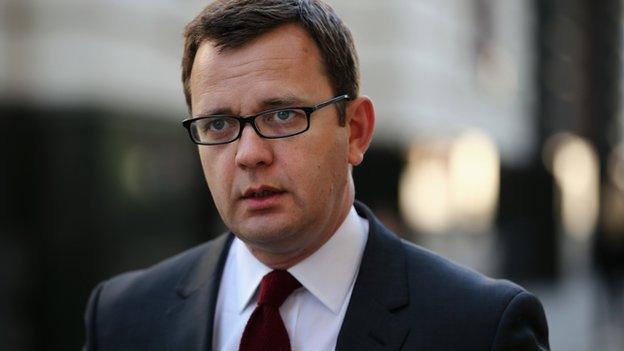
Former News of the World editor Andy Coulson will not be prosecuted under Operation Elveden
But the next few years are likely to be just as challenging for her and the CPS.
The service is funded by the Attorney General's Office, a department unprotected from budget cuts, and although Mrs Saunders says there have been discussions with the Treasury about resources, further tough decisions about savings lie ahead.
File on 4, BBC Radio 4, Tuesday 15 September 20:00 BST, repeated on Sunday 20 September at 17:00 BST.
- Published13 August 2015
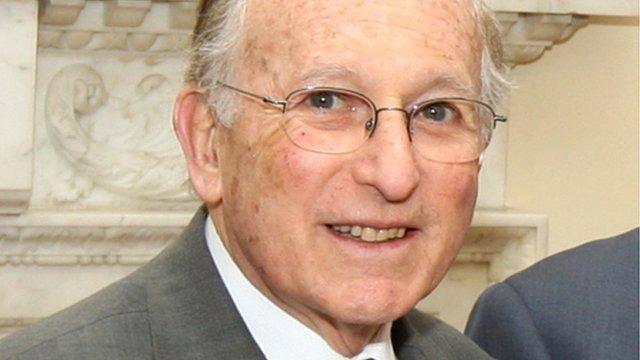
- Published18 April 2015
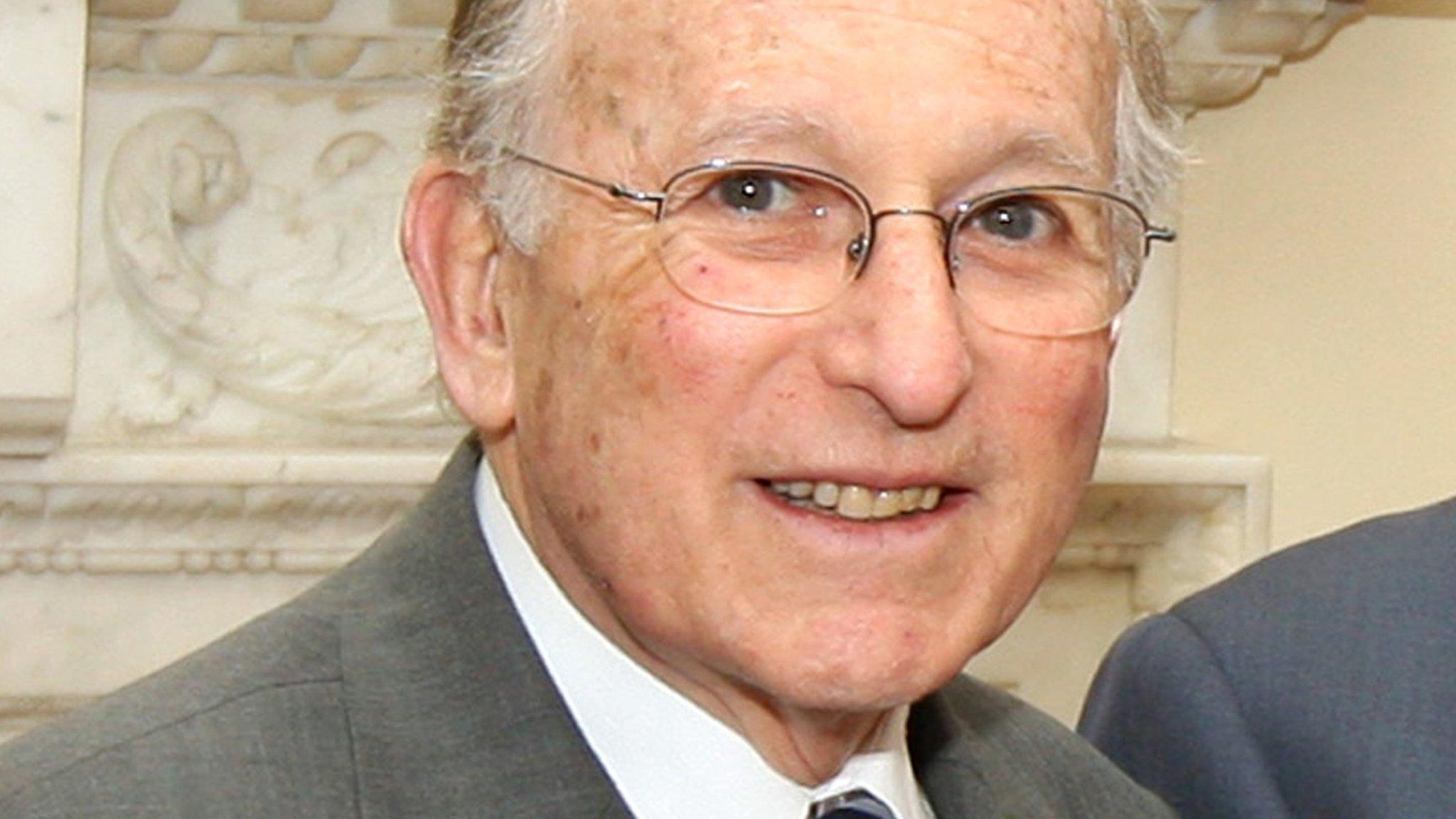
- Published29 June 2015
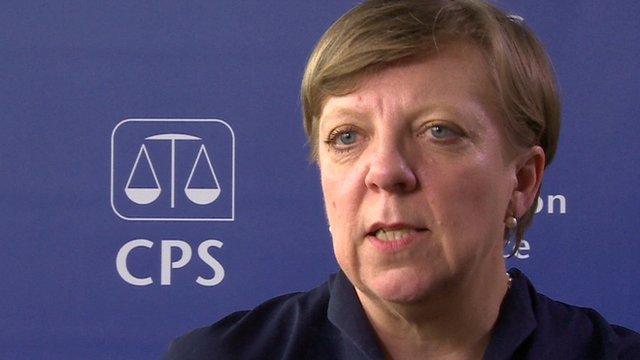
- Published17 April 2015

- Published19 March 2015
